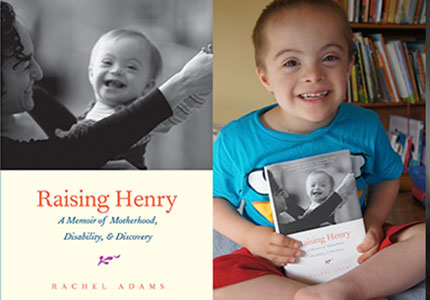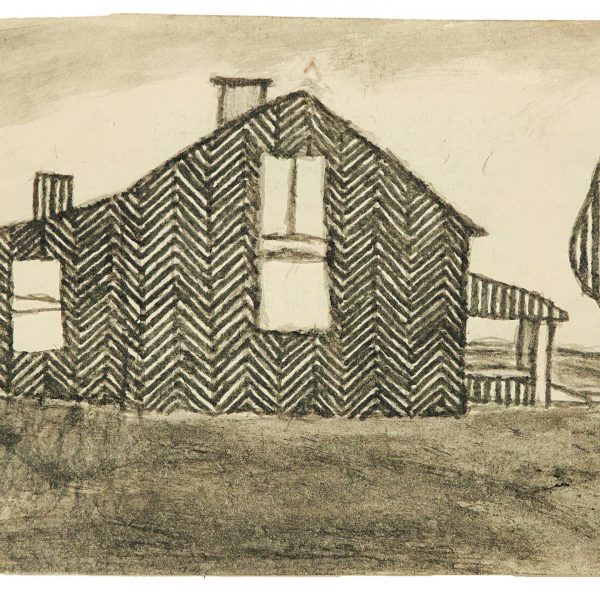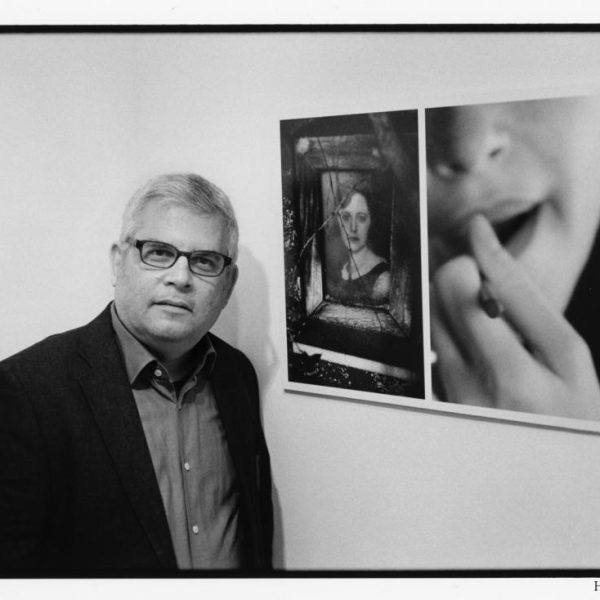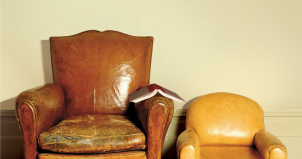Finding Joy and Wisdom in the Unexpected: Raising a Child with a Disability
Read a post by Rachel Adams on the New York Times “Motherlode” blog!
Rachel Adams held a long-time fascination with freaks and admired those who embraced their otherness by resisting attempts to be normalized by society. But after years of studying freaks—many of whom today would be considered disabled—Adams couldn’t help but see the irony in her initial thought that she had given birth to a freak.
 Adams admits that her reaction was less than saintly, but it was also a very natural one. She convincingly portrays how the shock shattered the order of her carefully crafted life: She was happily married in New York with a permanent university post, a recently published book, and a perfect son. And she was looking forward to the birth of another perfect child, reading through various prenatal books to guide her throughout the pregnancy. But neither those books nor her scholarship on disability studies prepared her for the doctor’s announcement that her newborn son, Henry, had Down syndrome.
Adams admits that her reaction was less than saintly, but it was also a very natural one. She convincingly portrays how the shock shattered the order of her carefully crafted life: She was happily married in New York with a permanent university post, a recently published book, and a perfect son. And she was looking forward to the birth of another perfect child, reading through various prenatal books to guide her throughout the pregnancy. But neither those books nor her scholarship on disability studies prepared her for the doctor’s announcement that her newborn son, Henry, had Down syndrome.
Combining her research focus on disability studies with her personal experience, Adams has written Raising Henry: A Memoir of Motherhood, Disability, & Discovery, providing an honest, insightful, retrospective account of her first years in raising Henry and how those around her played significant roles—for good or for ill—as she and her family strived to master the steep learning curve.
A major hurdle for Adams was changing her initial perspective of Down syndrome that was heavily influenced by the culture around her, as well as by her career. Her medical staff’s reaction betrayed their inability to conceal their opinion that a child with Down syndrome was imperfect, a mistake. Meanwhile Adams had to reconcile her academically-driven expectations with her reality. Her world revolves around scholarship. What happens now to her far-off idea of discussing James Joyce with her son and helping him apply to a top-flight university? Confronting how reality clashed with her ideals brought about a change in perspective on what it means to be perfect or successful.
The first person to provide a more positive perspective was the Trinidadian nanny that Adams hired for the first few weeks postpartum. Rather than shy away from an imperfect child, Rosalyn embraced Henry’s condition without reservation and with heartfelt enthusiasm. She said, “What good news. I love babies with Down syndrome. They’re so gentle and easy to take care of.” It was the first time anyone had said something encouraging about Henry, a fact that moved his mother to tears.
Adam’s in-laws—Georgia natives from a less cosmopolitan background—also helped her see that what matters most is not what Henry does but who he is:
“I had always been unnerved by the way Jon’s family seemed not to care about things like intellect and ambition, qualities my own background and life experience had taught me to value above all else…Looking at [my mother-in-law], I realized that if Henry wasn’t the smartest kid in the class, if he didn’t grow up to get a Ph.D. or head a multinational corporation, she would love him all the more.”
Adams‘ perspective is certainly personal, not an all-encompassing view that all parents will instantly identify with. Her experience in the Upper West Side of New York City, a metropolis that is saturated with resources, will not be comparable to the experiences of families living in smaller cities or in rural areas struggling to obtain the support their child needs. And Henry’s disability may not be as severe as those of other children with Down syndrome. Adams admits all of this. But as a researcher of freaks and misfits for many years, she can contextualize how her positive and negative experiences are affected by America’s evolving relationship with disability, in social, political, and cultural contexts.
This book provides an important insight into a community that our culture tends to overlook. More money is spent funding prenatal research to prevent the births of disabled children rather than funding programs and resources for disabled children who are already born. In our 21st-century world where advances in technology and medicine never cease to amaze us, we—perhaps unintentionally—feel as if we have control over nature, such that when something does not go according to plan, we are in utter shock. Through raising Henry, Adams learns to embrace the life’s unpredictable nature and view difficulties as learning opportunities while being ever more appreciative of the same highs that all parents enjoy as they watch their children grow. This eye-opening account can provide valuable lessons to everyone and help raise awareness of disability issues as they read about Henry’s development. Because above all, Adams gave birth to Henry, not a Down syndrome kid.
Watch Rachel Adams giving an interview on her research with freaks and disability studies:
[youtube=http://www.youtube.com/watch?v=vwQvIvrl2as&w=640&h=360]




